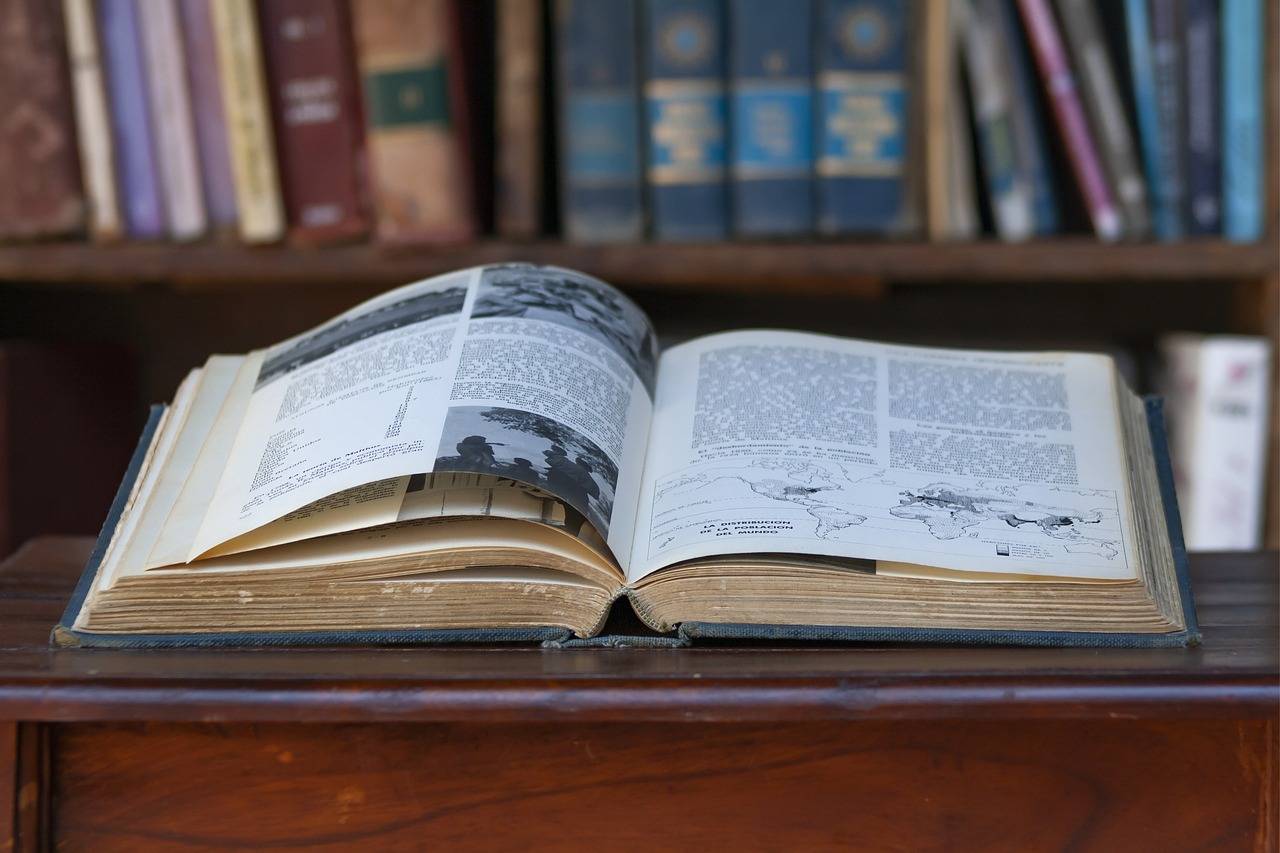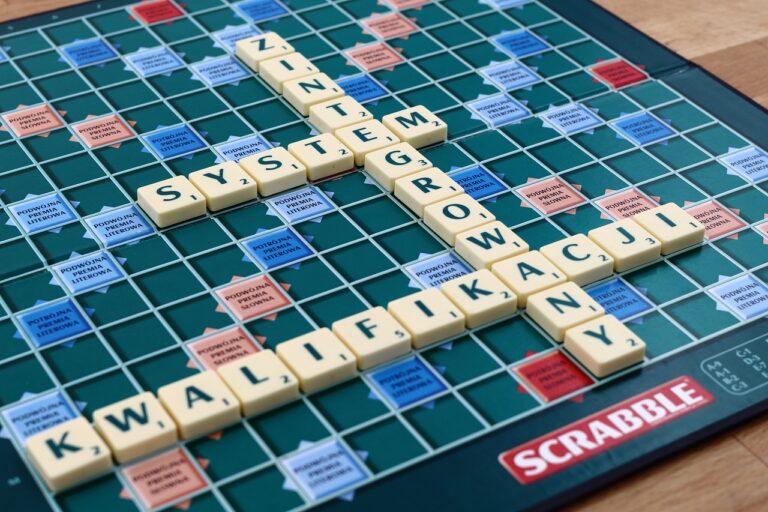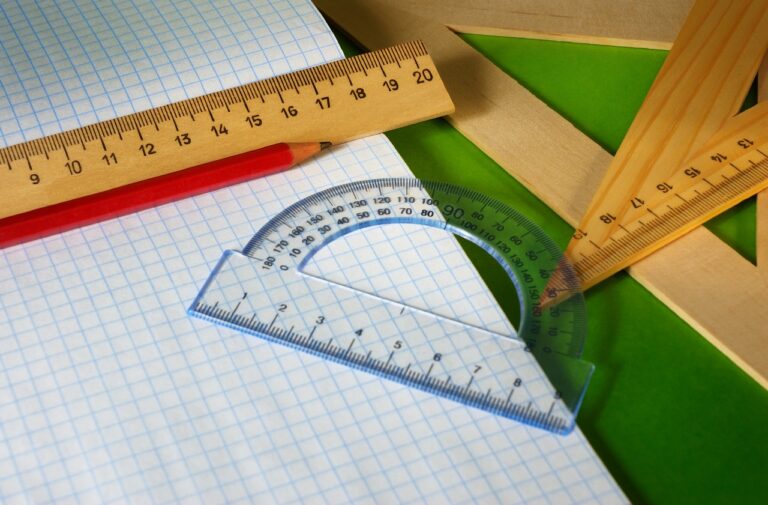Strategies for Building Strong Teacher-Student Relationships
lotusbook365, welcome to play99exch, allpannel:Building strong teacher-student relationships is crucial in fostering a positive and conducive learning environment. When students feel connected to their teachers, they are more likely to engage in class, participate actively, and achieve academic success. Here are some strategies to help educators build strong relationships with their students:
1. Show Genuine Care and Interest
The foundation of a strong teacher-student relationship is built on genuine care and interest. Take the time to get to know your students on a personal level, listen to their thoughts and concerns, and show empathy towards their experiences.
2. Communicate Effectively
Communication is key to fostering strong relationships with students. Be clear and concise in your instructions, provide feedback regularly, and encourage open communication in the classroom. Make an effort to communicate with students individually to address their needs and concerns.
3. Be Approachable
Create a welcoming and approachable atmosphere in your classroom. Smile, greet your students warmly, and make yourself available for questions and discussions. Students are more likely to engage with you if they feel comfortable and supported.
4. Build Trust
Trust is essential in any relationship, including teacher-student relationships. Be honest, respectful, and reliable in your interactions with students. Keep your promises, maintain confidentiality, and show integrity in your actions.
5. Show Appreciation
Acknowledge and appreciate your students’ efforts and achievements. Celebrate their successes, recognize their hard work, and provide positive reinforcement. Showing appreciation motivates students and strengthens the bond between teacher and student.
6. Be Flexible
Understand that each student is different and may have unique needs and preferences. Be flexible in your teaching approach, accommodate diverse learning styles, and adapt your methods to meet individual student needs. This demonstrates your willingness to support and accommodate your students.
7. Establish Boundaries
While it’s important to build a friendly rapport with your students, it’s essential to maintain professional boundaries. Set clear expectations and guidelines for behavior, enforce rules consistently, and establish a respectful and professional relationship with your students.
8. Demonstrate Empathy
Empathy is the ability to understand and share the feelings of others. Show empathy towards your students by being compassionate, understanding, and supportive. Acknowledge their challenges, validate their emotions, and offer guidance and support when needed.
9. Encourage Collaboration
Encourage collaboration and teamwork in your classroom to foster a sense of community and cooperation among students. Create opportunities for group work, peer feedback, and collaborative projects. Collaboration promotes social interaction and enhances relationships between students and their teacher.
10. Stay Positive
Maintain a positive attitude and outlook towards your students. Be encouraging, optimistic, and inspiring in your interactions with students. Positivity is contagious and can create a welcoming and uplifting environment for learning.
FAQs
Q: How can I build strong relationships with my students?
A: By showing genuine care and interest, communicating effectively, being approachable, building trust, showing appreciation, being flexible, establishing boundaries, demonstrating empathy, encouraging collaboration, and staying positive.
Q: Why are teacher-student relationships important?
A: Strong teacher-student relationships can enhance student engagement, motivation, and academic performance. Students are more likely to succeed when they feel supported, respected, and connected to their teachers.
Q: How can I improve communication with my students?
A: To improve communication with your students, be clear and concise in your instructions, provide regular feedback, encourage open communication, and be available for discussions.
Q: What should I do if I encounter challenges in building relationships with my students?
A: If you encounter challenges in building relationships with your students, seek support from colleagues, mentors, or counselors. Reflect on your interactions with students, listen to their feedback, and make adjustments to improve your relationships.
In conclusion, building strong teacher-student relationships requires effort, empathy, and dedication. By following these strategies and fostering a positive and supportive environment, educators can create meaningful connections with their students and help them thrive academically and personally.







